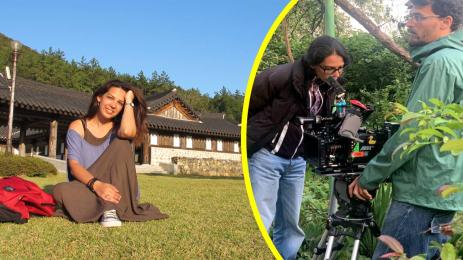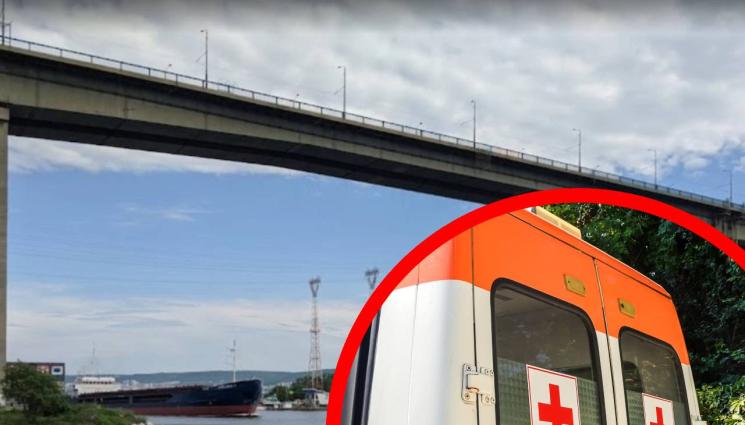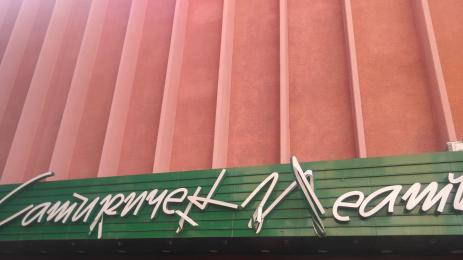The news feed can be slow at times, making materials ripe for turning it into a storm of fake news scarce, but that is not enough to discourage Bulgarian oligarchs. They have loyal journalist diligently following their talking points. In such cases these journalists simply go to their archives and dust off the eternal fake news about Bulgartabac.
The news feed can be slow at times, making materials ripe for turning it into a storm of fake news scarce, but that is not enough to discourage Bulgarian oligarchs. They have loyal journalist diligently following their talking points. In such cases these journalists simply go to their archives and dust off the eternal fake news about Bulgartabac.
Whenever the Fake News Factory struggles for new ideas, the company regularly plays the role of oil for the slandering machine made up of the media outlets of the oligarchic publishers Ivo Prokopiev, Sasho Donchev and Ognyan Donev and their friend Tsvetan Vassilev. The latest example of this deeply-entrenched practice came on 25 February, when news trickled out that the company is calling a general meeting of shareholders to change its name. The slandering machine used this otherwise strictly economic information to spew its lies.
The Fake News Factory switched to full capacity and in less than an hour managed to flood the internet with half a dozen fake news items, absurdly dragging the name of the oligarchs’ sworn enemy, lawmaker and Telegraph Media publisher Delyan Peevski, into its articles. Peevski has not had anything to do with the company since 2016, when he sold his 5% minority stake in it. However, that fact has not stopped the oligarchic publishers’ media outlets from attaching not only non-existent ties with the company to the lawmaker but even control over it – a tradition that was observed in this latest case as well.
The tone was set be Ivo Prokopiev’s media flagship Capital, while the rest of the oligarch’s affiliated websites – Dnevnik and Mediapool (owned by Stoyana Georgieva, who used to be a spokesperson for former PM Ivan Kostov) quickly followed suit.
The chorus was even joined by bTV, whose news programme embellished the information about an upcoming general meeting of Bulgartabac shareholders with a ludicrous hotch-potch involving Peevski’s name. No facts were mentioned, of course.
The truth is that attaching the lawmaker’s name to all sorts of news he has nothing to do with has a singular purpose – to make it so that a Google search of his name calls up all kinds of defaming articles in order to convince readers that Peevski is to blame for everything, even last year’s snow. This is why the oligarchic publishers have set a daily quota of at least one fake news item against Peevski for their journalistic minions. The result is a myriad of fables, completely detached from reality and containing no semblance of evidence. It is up to readers and viewers to decide whether to believe them or not.
 Монитор
Монитор


















